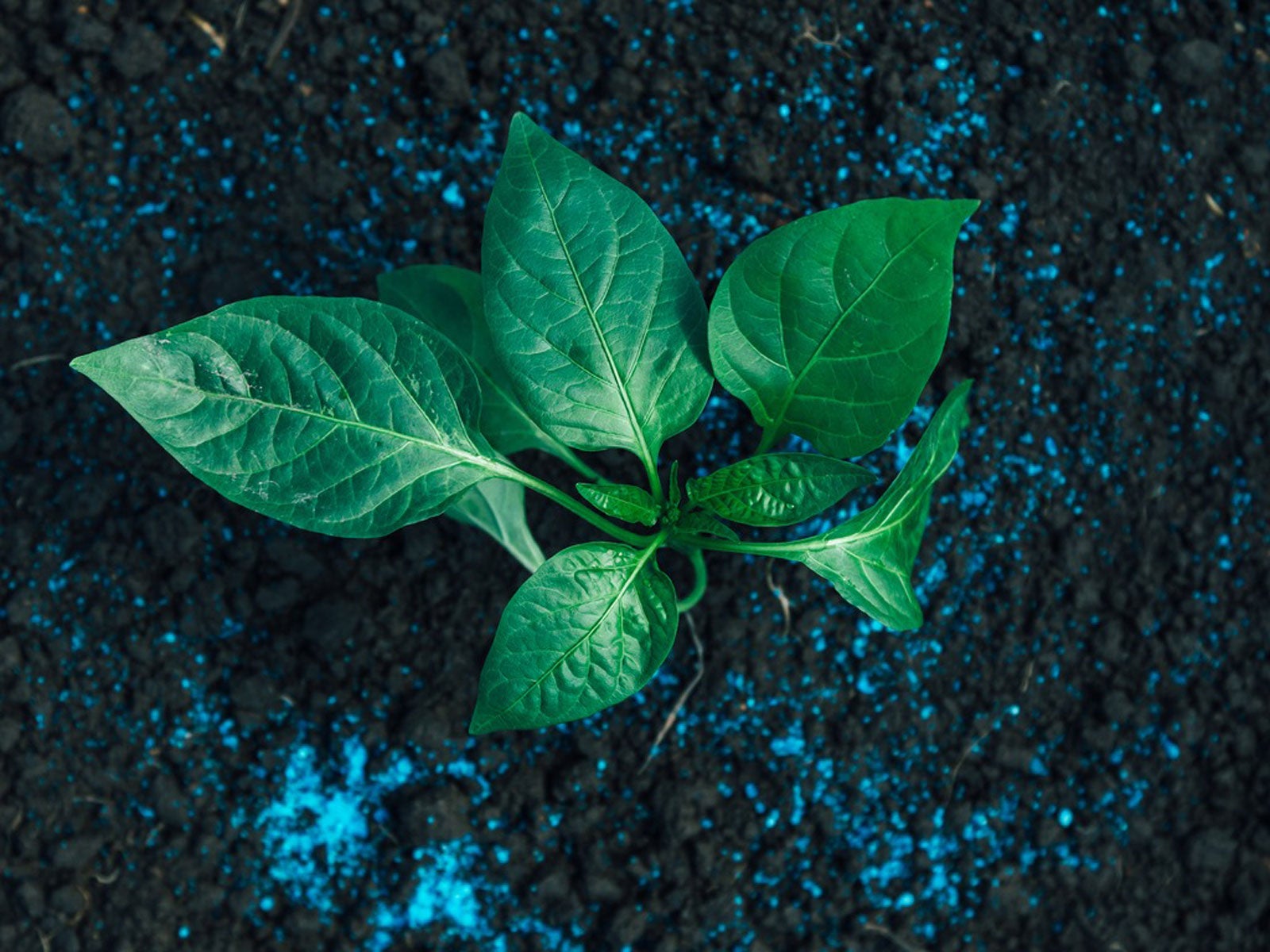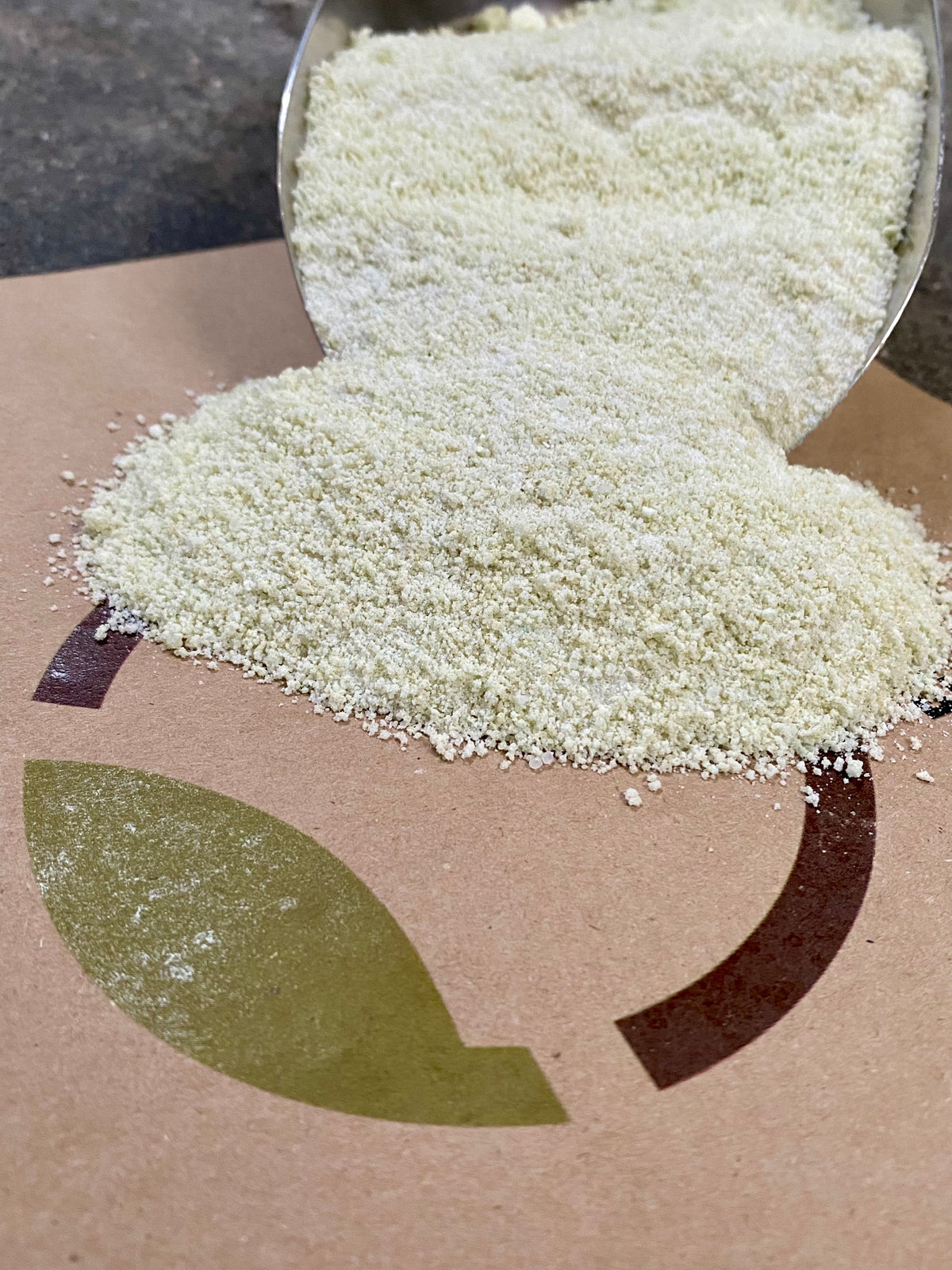Best Fertilizers for Peppers: Make Best Use Of Plant Health and Yield
Best Fertilizers for Peppers: Make Best Use Of Plant Health and Yield
Blog Article
The Perks and Techniques of Utilizing Fertilizers for Peppers in Your Yard
When it comes to cultivating an effective pepper garden, the function of plant foods can not be neglected. The advantages of making use of fertilizers for peppers extend past simple plant development; they play an important function in improving fruit production and overall plant wellness. The globe of fertilizers can be frustrating, with countless choices offered, each asserting to be the finest. Understanding the certain demands of pepper plants and picking the best plant food can be a game-changer in your gardening trip. By discovering the methods of appropriate fertilizer application and developing a timetable customized to your pepper plants, you can open their full capacity. Join us as we uncover the ins and outs of fertilizing peppers efficiently and effectively, making sure a bountiful harvest and flourishing yard.
Relevance of Plant Foods for Peppers
Fertilizers play a crucial role in guaranteeing the optimum development and productivity of pepper plants in a yard setting. The main nutrients required by pepper plants are nitrogen, potassium, and phosphorus.
When peppers lack these essential nutrients, they might exhibit stunted development, yellowing fallen leaves, minimized blooming, and inadequate fruit collection. By offering the right plant foods in the appropriate quantities, gardeners can deal with these shortages and advertise healthy plant development. In addition, plant foods help pepper plants hold up against environmental stressors such as severe temperatures, parasites, and diseases, allowing them to focus their power on development and fruit production.
Choosing the appropriate plant food formula, whether natural or synthetic, and following correct application methods are key consider taking full advantage of the benefits of plant foods for pepper plants in a garden setting. Regular dirt screening can additionally aid determine any nutrient discrepancies and overview garden enthusiasts in creating a tailored fertilizing plan customized to the details requirements of their pepper plants.
Picking the Right Plant Food
Picking the appropriate fertilizer for pepper plants is necessary for guaranteeing their optimum growth and efficiency in a garden setup. When selecting a fertilizer for peppers, it is very important to consider the specific nutrient requirements of these plants. Peppers are heavy feeders, specifically needing ample amounts of phosphorus, potassium, and nitrogen. As a result, a plant food with a well balanced NPK proportion, such as 10-10-10 or 20-20-20, can be ideal for peppers.

Before applying any kind of plant food, it is vital to conduct a dirt test to figure out the current nutrient degrees in the dirt. This info can lead you in selecting the appropriate fertilizer and creating a personalized fertilizing strategy for your pepper plants, advertising healthy and balanced development and plentiful yields.
Application Techniques for Maximum Results
To attain optimal development and productivity for pepper plants in your garden, what trick application methods can be utilized for optimum outcomes? When applying plant foods to pepper plants, it is vital to follow details techniques to ensure that the nutrients are properly soaked up and made use of by the plants. One necessary strategy is to apply the plant food equally around the base of the plants, ensuring that it is not concentrated in one area. This assists to avoid root melt and enables uniform nutrient uptake.
An additional vital application method is to water the plants extensively after applying the plant food. This assists to liquify the nutrients and carry them to the origins where they are needed for development. Additionally, it is recommended to use fertilizers throughout the cooler parts of the day, such as morning or late evening, to avoid evaporation and optimize absorption.
Additionally, on a regular basis monitoring the plants for any type of signs of nutrient deficiency or unwanted can aid in changing the plant food application accordingly. By using these essential application Our site strategies, you can ensure that your pepper plants obtain the necessary nutrients for healthy development and abundant returns.
Fertilizer Arrange for Pepper Plants
When should pepper plants be fed to make certain optimum development and efficiency in your garden? Establishing a well-structured plant food timetable is crucial for the healthy and balanced development of pepper plants - best fertilizers for peppers. Peppers have specific nutritional needs that vary throughout their development phases

As the pepper plants begin blooming, button to a phosphorus-heavy plant food to promote durable flower and fruit formation. Potassium-rich fertilizers must be introduced throughout the fruiting phase to improve fruit high quality and yield.
Throughout the expanding period, keep track of the plants for any indications of nutrient deficiencies and adjust the fertilizer timetable appropriately. Bear in mind to sprinkle the plants deeply after each fertilizing to aid in nutrient absorption. By complying with a well-tailored and constant plant food schedule, you can make sure vigorous development and bountiful harvests from your pepper plants.

Tips for Fertilizing Peppers Successfully
One essential pointer is to perform a dirt examination before using any plant foods to establish the existing nutrient levels. It is a good idea to use a balanced plant food with a proportion such as 10-10-10 or 20-20-20 to make sure peppers receive a mix of vital nutrients. Using fertilizers in the ideal quantity and at the ideal time is crucial.
Final Thought
Finally, fertilizers play click to read more an essential role in the development and advancement of pepper plants in your yard. By selecting the suitable fertilizer and using it correctly, you can ensure your peppers obtain the essential nutrients for optimum growth. best fertilizers for peppers. Following a consistent fertilizer schedule and carrying out effective methods will certainly aid optimize the benefits of fertilizers for your pepper plants, causing productive and healthy and balanced crops
The advantages of making use of fertilizers for peppers extend beyond plain plant development; they play an important duty in enhancing fruit production and overall plant health and wellness.Plant foods play a crucial role in guaranteeing the ideal growth and performance of pepper plants in a yard setup. When choosing a plant food for peppers, it is vital to consider the certain nutrient needs of these plants. When using plant foods to pepper plants, it is crucial to comply with specific strategies to make sure that the nutrients are successfully absorbed and made use of by the plants. Adhering to a constant plant food routine and implementing reliable methods will assist make best use of the advantages of fertilizers for your pepper plants, resulting in healthy and efficient plants.
Report this page